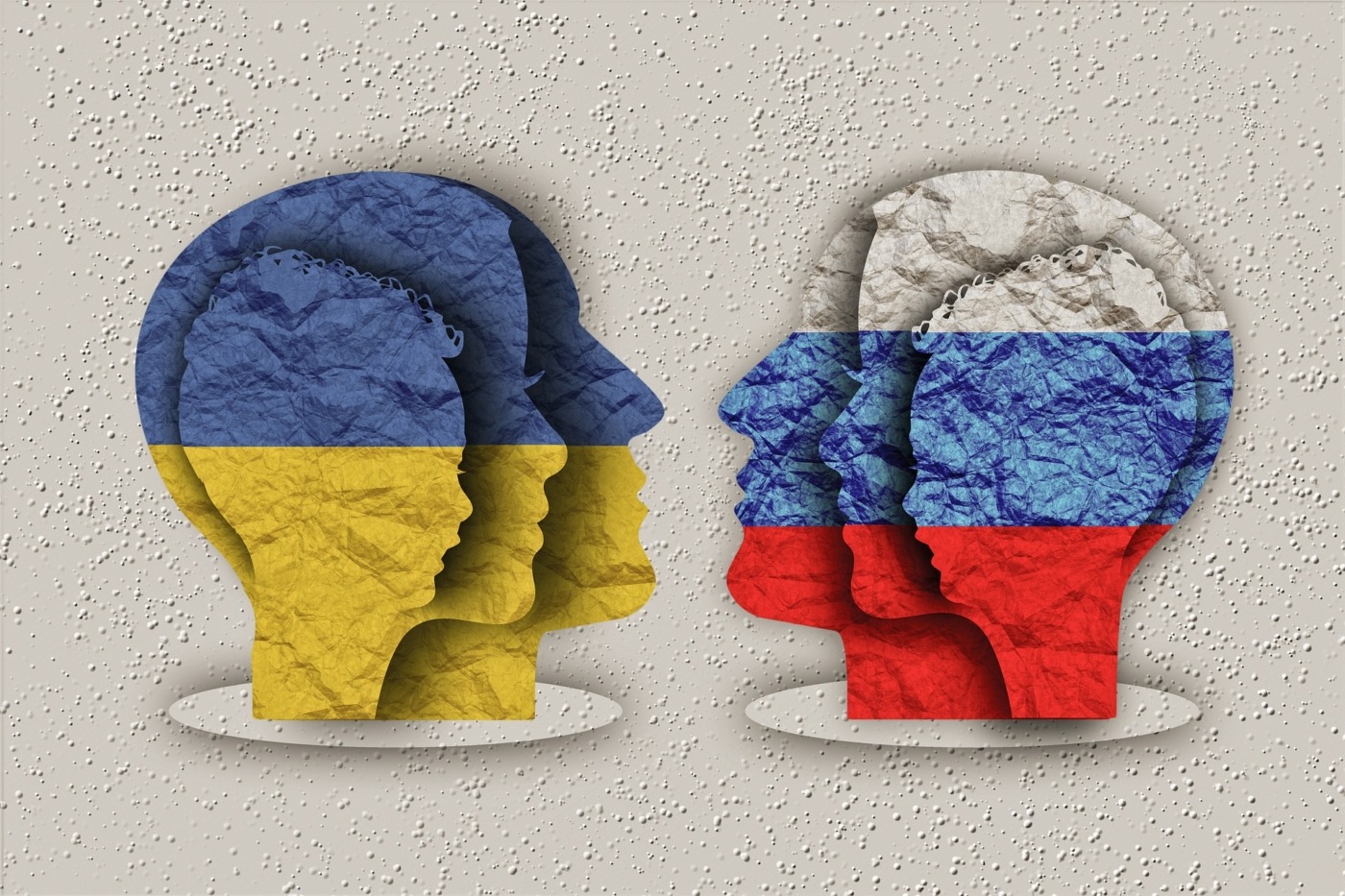Should journals boycott Russian researchers?
Sanctions and the cutting of ties with Russia have been the West’s major responses to the country’s unprovoked war on Ukraine. Businesses have been divesting themselves, and cultural icons and sports stars have been banned from events or forbidden to fly the Russian flag. And, the reaction has been broadly similar in the scientific community. Many research organisations cut funding and collaboration ties with Russia, and Ukrainian scientists have urged journals to ban Russian researchers.
There is a long-held principle in scientific publishing […] to not discriminate against authors based on their nationality or political views
Olesia Vashchuk, the head of Ukraine’s Young Scientists Council at the Ministry of Education and Science, wrote in two open letters: “Russian scientists have no moral right to retransmit any messages to the world scientific community.” These letters also called for Russian journals to be removed from academic databases, and for Russian scientists to be taken off journal editorial boards. However, although banning Russia broadly has been supported by the scientific community, there are mixed opinions about whether a journal ban would be useful.
There is a long-held principle in scientific publishing, enshrined by the International Science Council, to not discriminate against authors based on their nationality or political views. As a result, boycotts in scientific publishing are really rare, with the best-known following World War I and only lasting a few years. But the Russian action has raised questions about whether this neutrality will (or should) last. Richard Smith, former editor of The BMJ, said: “If we now fight wars with economic and soft power, does it not follow that science institutions, including journals, should cut links with Russian institutions and perhaps even Russian scientists?” He added: “I’m glad that I’m no longer the editor and don’t have to decide.”
Rui Fausto, editor in chief of the Journal of Molecular Structure, confirmed a decision to not consider manuscripts authored by scientists working at Russian institutions. He stressed that this is a “temporary” position brought about by “the humanitarian implications emerging from the invasion of Ukraine”. Although he acknowledged that the decisions would make colleagues in Russia feel uncomfortable, and he himself expressed reservations about such a move because of his belief in free exchange of ideas, he said that “this is an exceptional situation and it certainly requires exceptional decisions”. At the time of writing, this journal is the only one to make such a move.
There’s the wider picture for humanity – when scientific knowledge is advanced, we all benefit
The editors of Physical Review C, published by the American Physical Society, took a different approach. After Russia invaded Ukraine, two members of the journal’s ten-member editorial board who work at German national laboratories expressed concern that their government’s suspension of research collaborations with Russia meant they couldn’t review papers with Russian co-authors, says editor-in-chief Joseph Kapusta. The board agreed to allow those editors to recuse themselves from such papers. Kapusta said: “I totally sympathise and empathise with Ukrainians”, but he doesn’t feel the journal’s papers help Russia gain any technological advantage because it publishes “basic science”.
One of the arguments against a boycott is what exactly it’s expected to achieve, and whether it’ll hurt the right people. Russian authors contributed to about 82,000 published articles in 2018, or around 3% of the global total. Peer attention to Russian papers has lagged, largely because many scientists publish in Russian-language journals. It also appears that Western sanctions are pushing Russian scientists and research into greater collaboration with China – these ties will likely strengthen, with Beijing likely to awaken “the sleeping bear of Russian science”. And, of course, there’s the wider picture for humanity – when scientific knowledge is advanced, we all benefit.
In response to the muted boycott, the office of the Russian deputy prime minister has announced plans to drop the requirement for Russian scientists to publish in foreign journals, and asked the Russian Ministry of Science and Higher Education to introduce its own system for evaluating research. Michael Gordin, Russian science historian at Princeton University, says of the proposed boycott: “I’m not clear on what the goals are. We don’t have a good way of separating people from their institutions, and we blame people for what their institutions do.”
So what might be the benefits? The boycott is another example of isolating Russia on the global stage, and the reputational blows (while potentially insignificant on their own) do start to add up. Myroslava Hladchencko, who studies higher education policy at the National University of Life and Environmental Sciences of Ukraine, suggested that excluding Russian authors and journals will force the academics to “reassess their activity and to make a contribution to the development of civil society in their own country”. In the longer term, the move could harm Russian science – international collaboration has improved the quality of the nation’s research, so cutting all the ties and the impact of sanctions may lead to a rapid decline in Russian scientific knowledge and practice.
There is no easy answer to this question – much like all sanctions, we need to discuss both their intended impact and whether the possible damage outweighs the potential positives. Whatever the choices taken, our relationship with Russian science is going to change substantially in the foreseeable future in a way that will affect researchers in Russia and around the world.


Comments